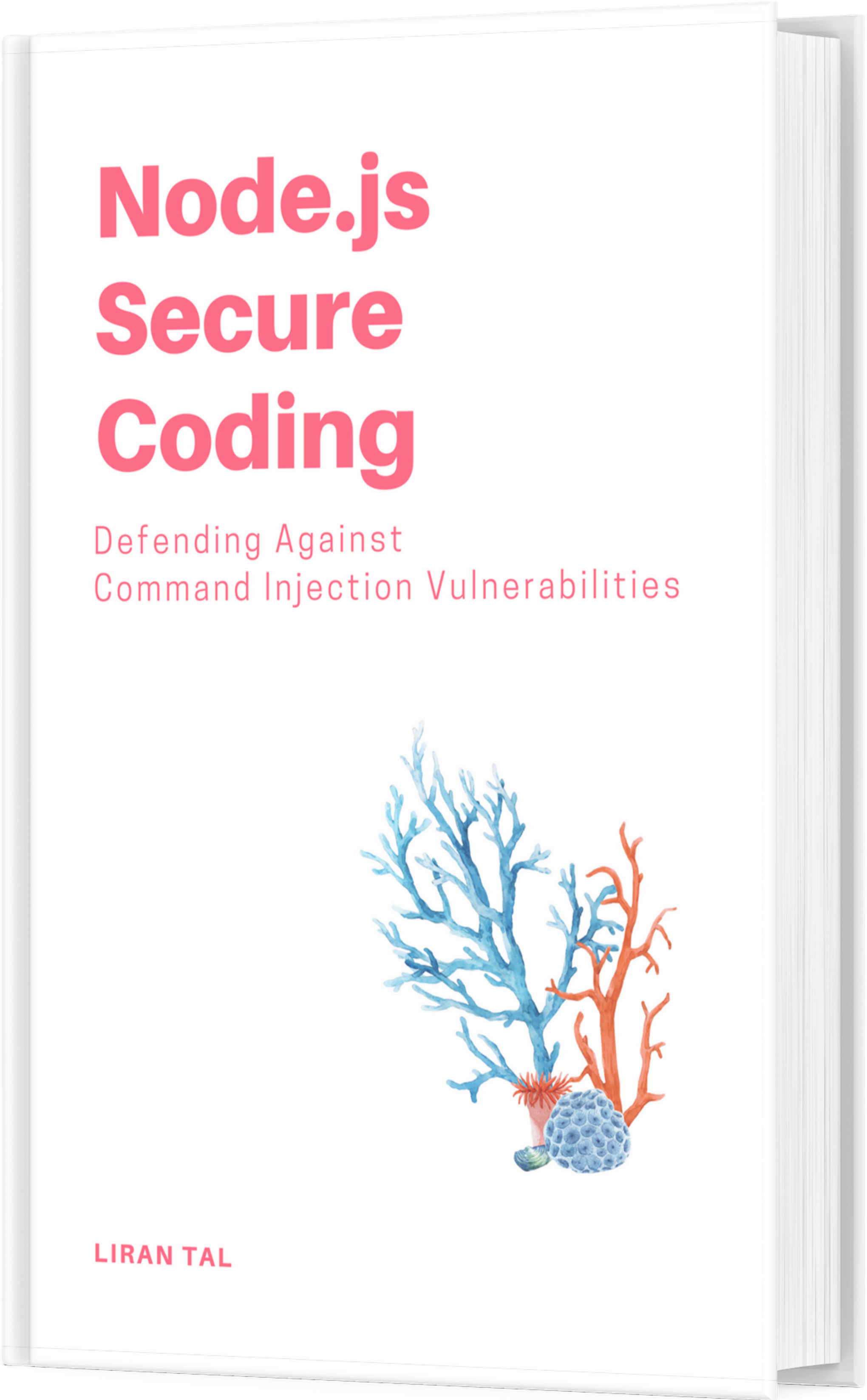~ 2 min read
Drupal Performance Tip – be humble on hook_init()

In the spirit of the computer video game Doom and its skill levels, we’ll review a few ways you can improve your Drupal speed performance and optimize for better results and server response time. These tips that we’ll cover may be at times specific to Drupal 6 versions, although you can always learn the best practices from these examples and apply them on your own code base.

Drupal is known for its plethora of hooks, and their use is abundant through-out any Drupal modules to plug into the way that Drupal works. That’s fine, though once you’ve decided you’re moving on with Drupal as your live web application/website and you’re using modules from the eco-system, that is when you need to spend some more time reviewing modules a little bit closer than just their download counts or issues on drupal.org
hook_init() runs on every page load. Imagine you’re having a few modules implementing this hook, then you already have impact on your server response time performance for every page access in Drupal. Maybe those modules have a very slight overhead there, maybe that’s part of what they do, and that’s fine, but it may at times benefit you to review and investigate if the code there, that maybe your team added too, is better being re-factored to some other place and not on every page load.
There is another perspective for it of course, maybe things do need to take place on every page load, but their implementation in the code might be faulty. Imagine you’re doing some expensive IO on every page load, like calling an API, or querying a heavy table. Maybe you can re-factor to cache this information?

